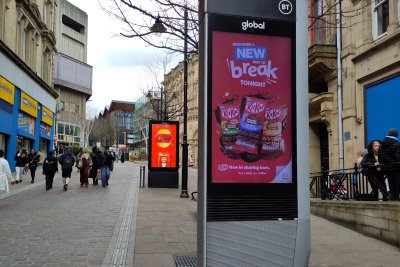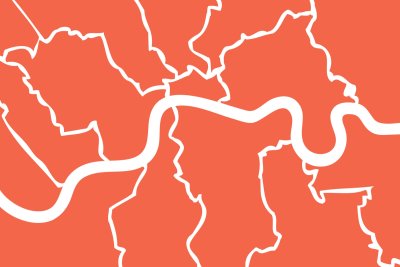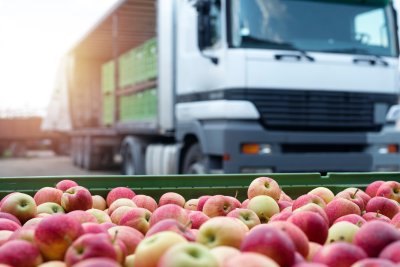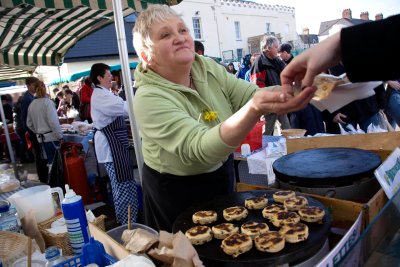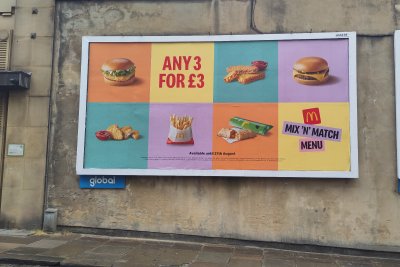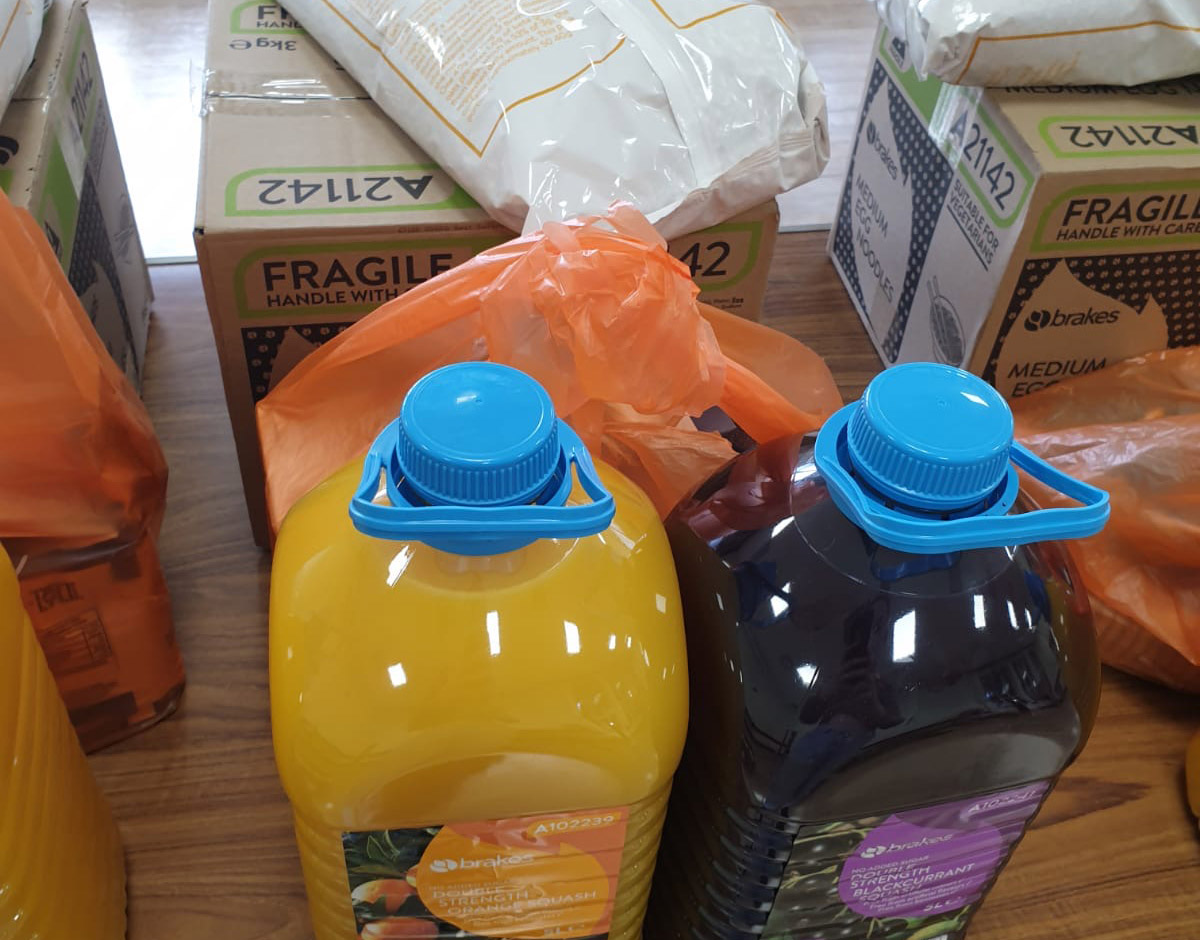 Photo credit: Food parcel for clinically extremely vulnerable people, March 2020. Anonymous but verified source
Photo credit: Food parcel for clinically extremely vulnerable people, March 2020. Anonymous but verified source
Covid-19 food parcels may fail to help many people most in need
As food parcels start to be delivered to 50,000 extremely vulnerable people shielding from Covid-19, many more vulnerable people will struggle to get the food they need.
Food parcels are starting to be delivered to the doorsteps of some of the 1.5 million clinically extremely vulnerable people – those living with specific medical conditions – who have been advised to shield themselves from Covid-19 by staying at home for at least 12 weeks. Hundreds of thousands may otherwise struggle to get the food and other basic necessities they need.
Read Sustain's in-depth report on the food parcel scheme for clinically extremely vulnerable people needing to shield, published on our Coronavirus Food Alert web pages.
Sustain understands that these food parcels are only intended for clinically extremely vulnerable people with specific medical conditions who have to shield for at least 12 weeks. And only for the smaller subset within this group who are unable to secure food by other means. Official plans show that deliveries will start at 50,000 food parcels per week and could ramp up to 400,000 over the next month or so. The NHS, GPs and clinicians will contact clinically vulnerable people directly, or people who think they are eligible can register on the government website using their NHS patient number.
The food parcels are not aimed at providing food for people with medical conditions who have the money, family or neighbours to enable adequate access to food; nor for the millions of adults who struggle to access food due to being on a low income; nor for families and carers of the 1.5 million children eligible for Free School Meals (they are being offered supermarket vouchers instead); nor for people with no recourse to public funds; nor to support people shielding due to being aged over 70, but who are otherwise fit and well.
We are already hearing concerns being raised about the quality of food in the standardised parcels consisting mainly of ambient packaged food, and whether items such as tinned meat and dilutable squash meet the nutritional needs of people with specific medical conditions such as cancer. Some informal pictures from local schemes show fresh fruit and vegetables, but others not. Advice from a clinical dietitian used to advising on food for people with serious medical conditions is probably needed. However, these are very early days and the picture is not yet clear.
Additionally, big gaps are emerging. The Government’s advice to shield applies to 17.6 million people in the UK – people aged over 70; people who are clinically extremely vulnerable; and pregnant women. Food Foundation figures suggest that millions more people will also struggle to afford food and other basic necessities they need to enable them to self-isolate or to shield.
The Sustain alliance is arguing for an immediate uplift to social security benefits, to enable more people to be able to afford the food they need. Also for such support to be extended to people who would not usually receive benefits, such as those with no recourse to public funds. We are lobbying the Department for Work and Pensions, Defra and the Ministry for Housing, Communities and Local Government (heading up the resilience and emergency planning with LRFs) to recognise that if people can’t afford to eat, they can’t afford to stay at home.
Coronavirus Food Alert: Sustain's work on food resilience in the COVID-19 coronavirus pandemic.We are helping secure food for vulnerable people and supporting local emergency responses.
Sustain
The Green House
244-254 Cambridge Heath Road
London E2 9DA
020 3559 6777
sustain@sustainweb.org
Sustain advocates food and agriculture policies and practices that enhance the health and welfare of people and animals, improve the working and living environment, promote equity and enrich society and culture.
© Sustain 2025
Registered charity (no. 1018643)
Data privacy & cookies
Icons by Icons8
